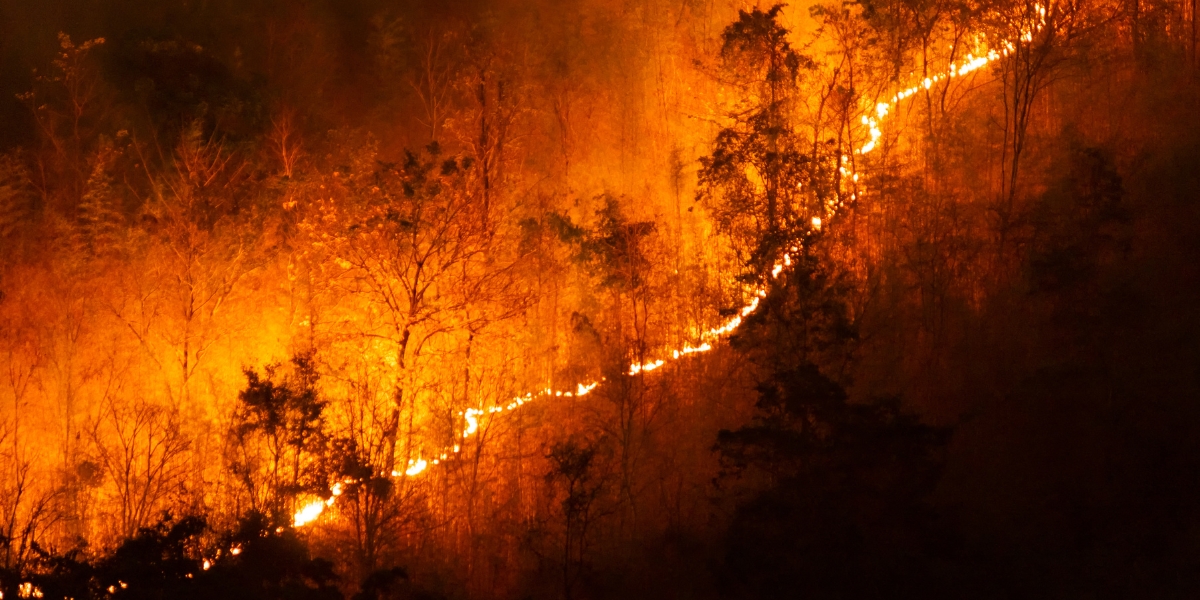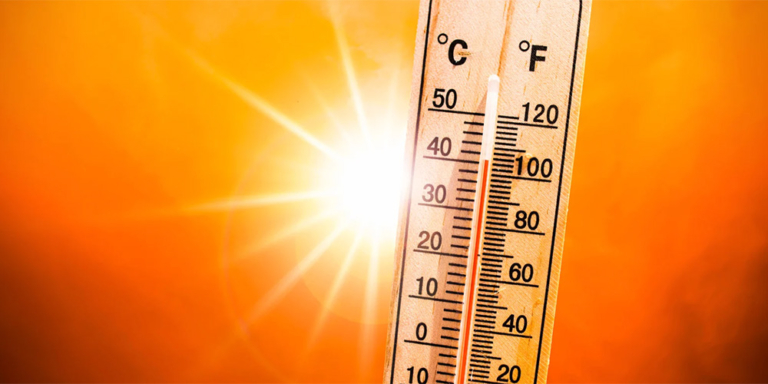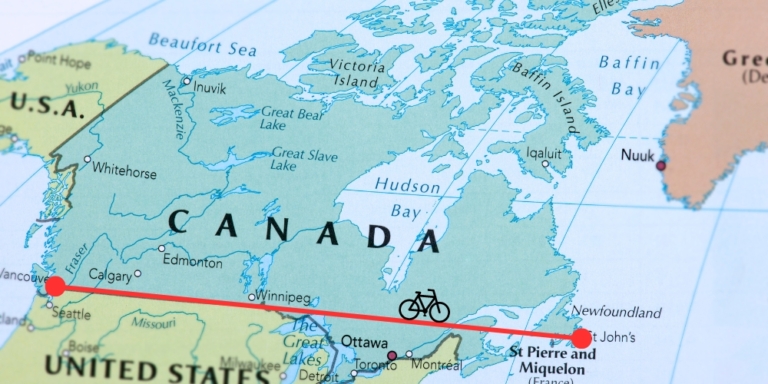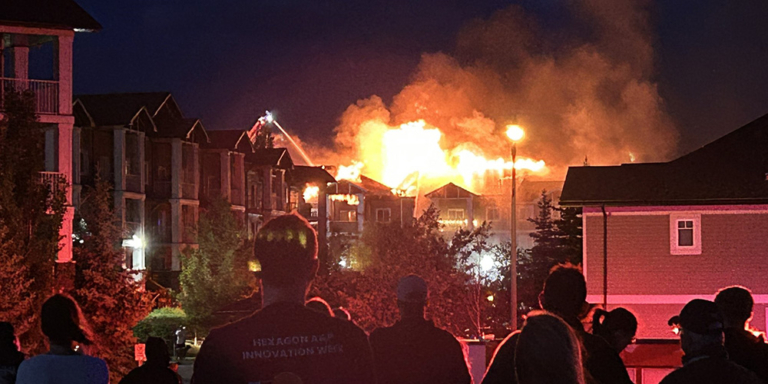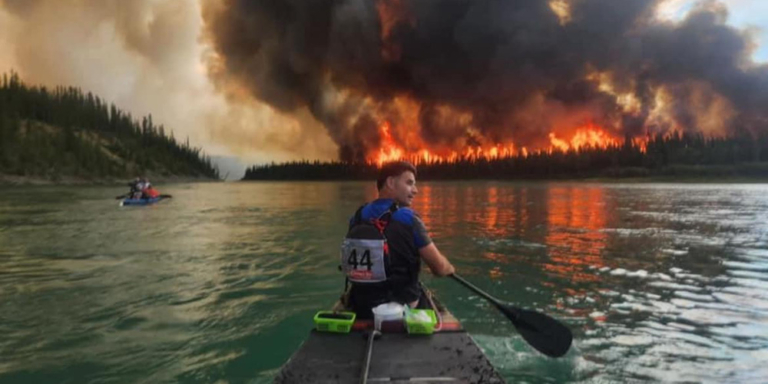This year’s wildfire season in Alberta, BC and the Northwest Territories has been a scene straight out of hell. In Alberta, the area burned this spring was the most destructive in history.
In Alberta, 985 wildfires have burnt more than 2.1 million hectares to a crisp. Most sports fields are one hectare in size; now imagine 2.1 million sports fields on fire.
For Canada, 2023 is notable for the total area burned. According to Canadian Geographic, the previous record for area burned was set in 1995, with 7.1 million hectares burned; so far in 2023, a total of double that area has been burned, almost 13.9 million hectares.
Wildfire season in Alberta officially starts on March 1 and runs until October 31. With more than two months still to go, how much more will burn?
Yellowknife has just been hit with an evacuation order, and conditions remain hot and dry,
To make matters worse, climate change has caused wildfires to start earlier in the spring and burn longer into the fall.
“People in California don’t use the term fire season anymore; they call it ‘fire year’…To be honest, Alberta is close to that,” fire science expert Mike Flannigan told CBC News.
Flannigan claims climate change may soon have our beloved province facing a never-ending fire season.
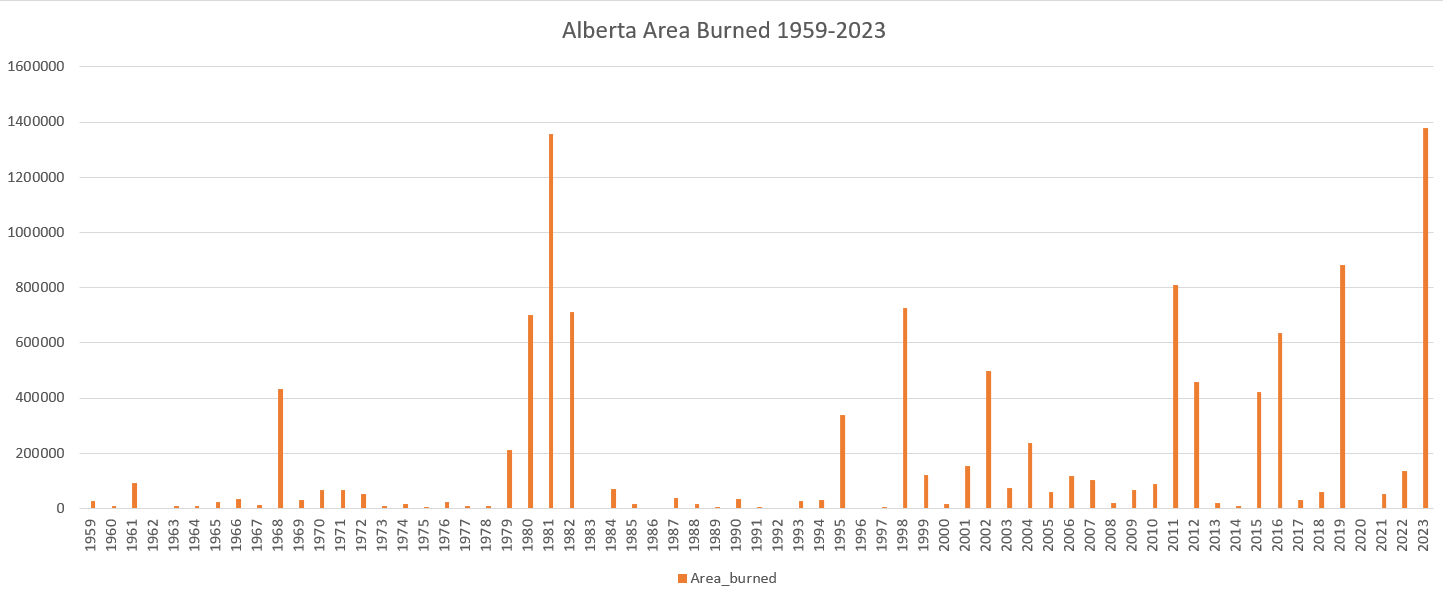

Alberta is a tinderbox. Hotter temperatures lasting later in the season have created an abundance of dry fuel for wildfires.
According to Ellen Whitman, a forest fire research scientist with Natural Resources Canada, the increased heat has led to more destructive wildfires that are harder to contain.
The near-term forecast doesn’t look promising. The recent switch to an El Niño weather pattern means western and central Canada areas, including Alberta, could see warmer-than-normal and drier-than-normal conditions continuing through the fall and winter.
El Niño is a naturally occurring climate pattern linked to extreme weather conditions worldwide, including droughts, forest fires, floods, and significant temperature changes.
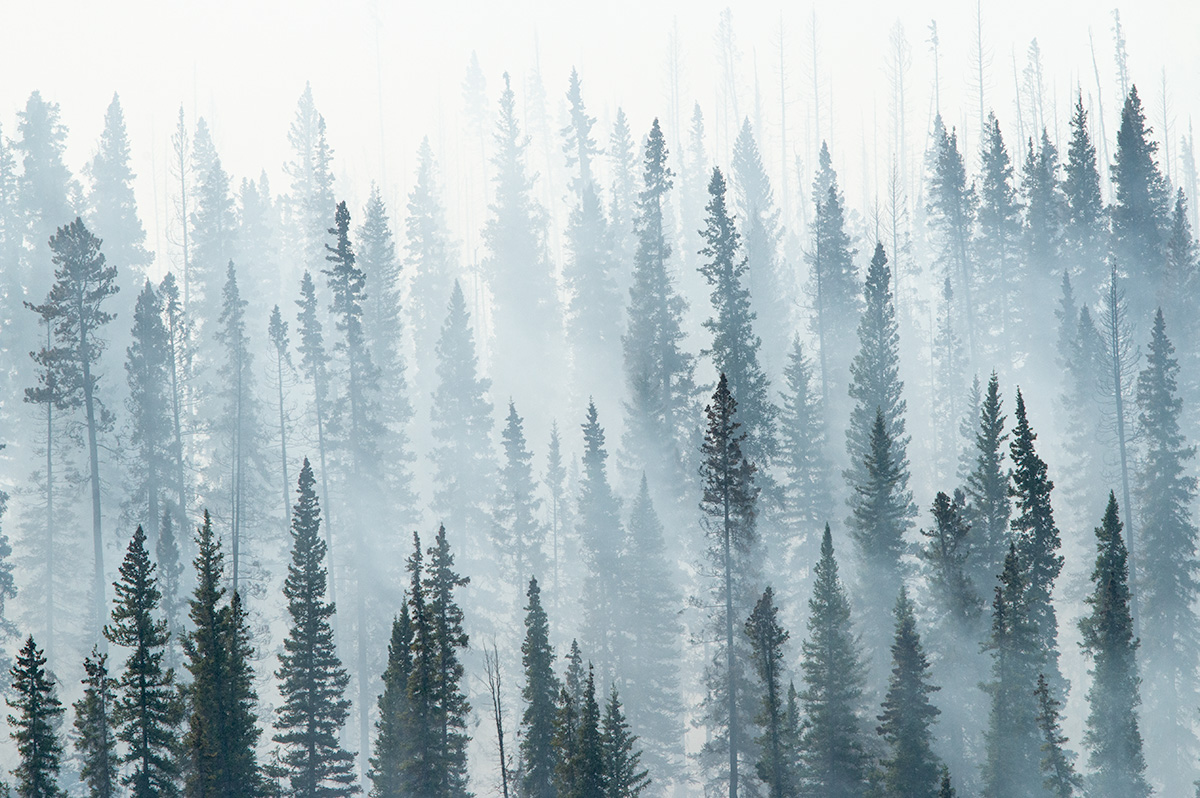

If wildfire records continue to be broken across Canada, it could significantly impact the country’s forests. In Alberta, if our boreal forests are repeatedly burned, it could result in less dense areas of conifers and more spread-out broadleaf trees, impacting natural ecosystems and the species that live there.
“These changes are going to affect the habitat on the landscape and the forests that are available for people to use,” explained Whitman.
Changing the tree species composition in Western Canada’s boreal forests could change the look of the country’s iconic boreal landscape. In turn, this could affect industry and recreation in the area.
For example, fires hurt the forestry industry by burning millions of trees that would otherwise be processed at a mill. The widespread loss of softwood trees would be an economic punch to the gut.
However, it’s not all terrible news. There is a small silver lining. Given the layoffs and the jobless boom in the oil patch, many people need jobs.
Melissa Story, an Alberta Wildfire spokesperson, claims her agency hires more than 700 wildland fire positions each season. Alberta also has about 300 year-round staff. Longer wildfire seasons mean more employment for those looking for a career in fighting wildfires.
But most of us would agree that a slight gain in jobs in the fire-fighting sector does not come close to the enormous price we have paid for the widespread loss of boreal habitat and the massive human tragedies we have suffered from wildfires.
And is anyone really interested in a never-ending fire season? Especially our already overworked firefighters!

